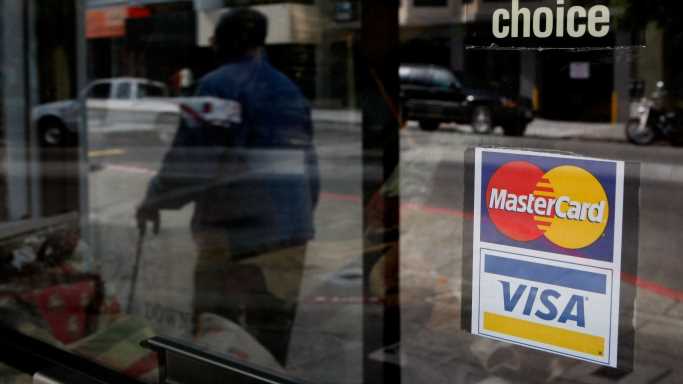In a perfectly free market economy, prices are determined by the laws of supply and demand, resulting in equilibrium prices for goods and services. In our near-free markets, corporations set prices with demand and supply forces in mind, but several factors may considerably distort free-market pricing.
When competitors collude, for example, prices are inflated and the consumer is deceived. And while federal antitrust regulations exist to prevent price collusion, companies operating in the United States have been fined over $96 billion in price fixing penalties since 2000. (See these companies control over 50% of their industry.)
To determine the global corporations manipulating the American free market the most, 24/7 Wall St. reviewed data on price fixing penalties from national policy resource center Good Jobs First’s report Conspiring Against Competition: Illegal Corporate Price-Fixing in the U.S. Economy. Companies were ranked based on the total amount of penalties levied against them and their subsidiaries for price-fixing in the United States from January 2000 to March 2023. There are 19 companies that have been fined over $1 billion. Supplemental data on annual revenue are from SEC filings and annual reports and are for the latest fiscal year.
The list of the most penalized companies is dominated by banks, credit card companies, and financial firms. Many of the penalties involve collusion through the rigging of interest rate benchmarks like Libor (London Interbank Offered Rate), which can affect the cost of business loans, mortgages, and other financial instruments. (Find out if banks are among the companies with the worst reputations.)
The largest price-fixing penalty in recent history was levied against Visa, which was ordered to pay $4.1 billion in December 2019 on allegations of colluding with Mastercard to raise the fees they charge merchants to accept their credit cards. According to Good Jobs First, while most price-fixing happens in business-to-business transactions such as these, as opposed to direct-to-consumer, the higher costs are ultimately passed on to consumers.
The list of the most penalized companies is dominated by banks and credit card companies, but several non-financial companies have faced severe penalties for price-fixing as well. Teva Pharmaceuticals, for example, was charged $1.2 billion in May 2015 for using illegal pay-for-delay agreements to block generic competition to its sleep disorder drug Provigil.
Other heavily penalized companies in industries other than finance include AbbVie, Kinder Morgan, Samsung, LG, Microsoft, NRG Energy, Altria, and Exxon Mobil.
Click here to see the 19 companies getting caught manipulating the American free market.
Sponsored: Tips for Investing
A financial advisor can help you understand the advantages and disadvantages of investment properties. Finding a qualified financial advisor doesn’t have to be hard. SmartAsset’s free tool matches you with up to three financial advisors who serve your area, and you can interview your advisor matches at no cost to decide which one is right for you. If you’re ready to find an advisor who can help you achieve your financial goals, get started now.
Investing in real estate can diversify your portfolio. But expanding your horizons may add additional costs. If you’re an investor looking to minimize expenses, consider checking out online brokerages. They often offer low investment fees, helping you maximize your profit.
Source: Read Full Article
